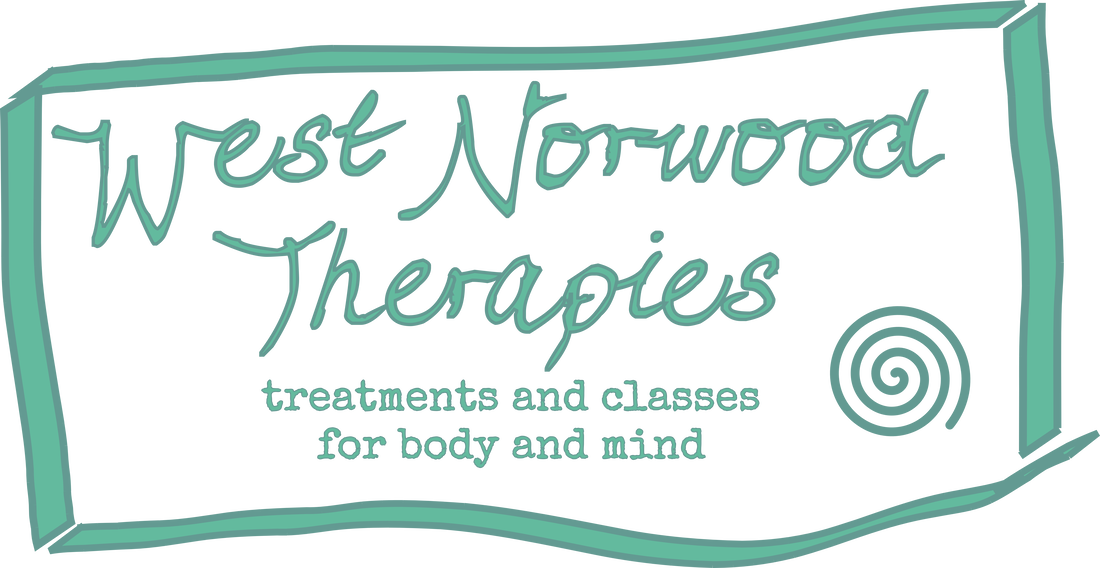|
Massage therapist and massage junkie Jennie Duck shares some of her favourite self-massage tools to use on in between the real deal massages. With AI swooping in to take over many jobs and roles I feel lucky to be confident that there is nothing that compares – or could compare – to the interpersonal connection and physical contact of a massage. The relationship with your therapist is part of this, a person you share with and ask for help – this can be a vulnerable and fairly intimate action, especially when it is followed by undressing! You place your trust in the therapist and the therapist – good ones anyway – will respond by basing their massage on the information you gave them and the feedback you give them through the treatment, from direct questions about the pressure to intuitive sensing of where you are holding tension that you are not even aware of. This relationship may be a one off or it may be one that lasts over many weeks, months and years. I have left massage sessions feeling enlivened, enthused, exhausted, delighted, excited, understood, supported, connected, soothed and sometimes pummelled 😊 Sometimes I am sore, sometimes I feel like I’m hungover the next day or two, sometimes I feel like I could run like a gazelle and sometimes like I could sleep for a week. I always get something from the session, often disproportionate to the hour that I spent having it. I learn about my body, I enjoy some rapport with some therapists and rare silence with others. I will never stop getting massages from a good therapist and I am looking forward to getting back to the privileged position of giving them next year after a long hiatus having children and relocating. In between massages I crave more and I also sometimes have to go longer periods between them when funds and/or time are tight so I have built up an array of things to see me through. I can do some self massage of course and often do on my forearms especially, but I often just wish it was someone else's hands and prefer to use tools, especially for getting into trickier to reach spots. These are my favourites (and links are just to show where I bought them, no affiliations!):
And now in getting the links from this blog I've spotted a foot massager so my birthday money might have a new purpose...that's one for next time!
Happy massaging!
0 Comments
WNT founder Jennie Duck reflects on her home birth experience and the factors that made it a positive one, sharing what supported her own experiences and some resources that could support you. My daughter turned one a few weeks ago and I have been reflecting on the moment her joyful little presence wriggled gleefully into our lives. She was born weighing 8lb 10 at 8.10pm on a Saturday night and my overwhelming feeling as I held her in my arms was luckiness. How lucky I was to have a perfect, healthy, alive little baby born just as I hoped - at home with a midwife - and joining her older brother in making their entrances as Ducks with their own minds: both born on the kitchen floor alongside, rather than in, the birthing pool.
That feeling of luckiness was largely due to a fear that haunted my pregnancy of losing our baby, a common feeling, I think, for women who’ve experienced miscarriages as I have. With this pregnancy I felt it as such certainty: surely something would go wrong and a stillbirth was the ultimate point at which this fear would be realised. So, a live and utterly healthy baby was nothing short of a miracle to my nervous system. I am still slightly stunned by it. I had a beautiful (and intense!) birth experience. I was at home in low light and felt safe. I was active throughout, lots of yogic movement and in and out of the birthing pool. I had an experienced and sensitive midwife who struck an ideal balance of letting me get on with it with support on hand when needed. I had my own music playing, my husband around and my son safely upstairs building lego with his uncle. My baby came in a swift 5 hours, contractions were intense from the get go so it was very physical and the second stage of labour was quick, just a few huge pushes (I was ready to rest by that point!). She came out in the bag, it burst as I held her and because we were at home we just transferred to the sofa and set about skin to skin snuggles with no need to go anywhere for the week to come. It could have been so different - two days before that I had a scan that caused the consultant at the hospital to suggest I had a caesarean section because they thought the baby was so big. At the ‘geriatric’ age of 41 I had agreed to this late 41-week scan to check the placenta was still in good condition. I’d asked not to be notified about the weight as I know my mental preparation would suffer a blow if I were told it was a large baby, but because they were concerned it got flagged up and it did indeed instil fear in me that I was getting ready to birth a whopper. That it should all end so positively is down to a number of things and these things are part of what makes me feel so lucky. I know many women are not so lucky and I hope by sharing some of the things that made my experience so positive someone might find support in these avenues too. The fact that they helped me cope with the turn of events that had me considering an unnecessary caesarean epitomises why these things are so precious to have. Lucky thing number 1: A wonderful midwife and midwifery team that I got to know and who got to know me. I live in Scotland so was with the Ayrshire and Arran home birthing team, but my first child was born in West Norwood with an equally excellent homebirth team connected to Kings. This meant I had all my appointments at home and I got to know each of the team over the course of my pregnancy. The team knew my history, my mindset, my physical health, my family and my home environment. My own midwife was so keen to be at my baby’s birth that she said she would come even if she wasn’t working. It was personal and supportive and it meant that when I came out of the scan appointment where the hospital midwife and consultant didn’t know me, my midwife was able to reassure me that my body was growing a baby appropriately sized to my capacity, that my mental and physical preparation were good and that a home birth could still be my first choice. She was so right (and here’s one for physical touch and palpation over technology): my baby was 8lb 10 rather than the 11lb the scan had suggested. Moreover, I had no painkillers, interventions and no ‘exit wounds’ from the birth, only some muscular soreness from the effort and intensity. Lucky thing number 2: The support of a hypnobirthing expert and bodyworkers and the financial capacity to pay for it. I am sad that these are a privilege to women because they are so powerful and helpful. For hypnobirthing there are free and cheaper resources out there which I encourage you to use – guided meditations, books, relaxation exercises and some of the resources listed below are all really helpful. But the one-to-one support I had was incredibly valuable to me, especially as I began to prepare for the possibility of birthing an 11lb baby! Hypnobirthing works using hypnosis and deep relaxation to help shift limiting beliefs and doubt in the subconscious so it can help you prepare deeply and, for me, helped me trust my body’s implicit wisdom and capabilities. I also had some acupuncture – privately from pre-conception and throughout pregnancy and then, amazingly our local midwifery team were trained in ‘cervical ripening’ at the later stage so I had this and some foot massage from my midwives! Full body massage was also invaluable in helping my body prepare, relax and for the physical strain of late pregnancy. Lucky thing number 3: My own education and understanding of bodies, birth, mind-body interplay and a decision to tune out what wouldn’t help Of course, as a bodyworker and the owner of a complementary health business I live in a world where things like ‘mind-body interplay’ are ongoing considerations – so this lucky thing is partly due to my personal interests and life trajectory. It also means I am in an environment where I know people who will suggest things to me like reading Ina May Gaskin who opened the door to homebirth for me and gave me the confidence to start down that road. It also meant that things like peroneal massage were a no-brainer and I prioritised the relaxation side of yoga, using yoga nidra (see below) a lot and ensuring any strength building involved lots of breath work too. I realise many people are not in this world and the jump to homebirth or some of these approaches might be bigger than for me, but the fundamental point is that my interest in what was happening and going to happen in my body and focus on working with that played an ENORMOUS part in my having the positive birth experience that I had. It doesn’t need specialist knowledge or even interest, more an attitude of tuning in and listening to what your body and baby need and then (this is the hard part) acting on that, even if it means (as it did for me) cocooning yourself for several weeks and potentially offending some people. I believe empowering myself with knowledge, techniques and boundaries made all the difference. Lucky thing number 4: The emphatic support and trust of my partner This is a big one for home birth because you have to believe that it is the right choice for you and your baby. If your partner would feel safer in a hospital then this can impact your ability to fully relax into being at home, you might absorb their anxiety. My partner read Ina May Gaskin too and learned to trust that I knew my body. It was better with the second – with my first home birth he let his absolute honesty interfere! When I wanted him to tell me it was going to be ok he said “I’m sorry I just don’t know that” so I pushed him away and asked the midwife to tell me instead, which she duly did😊 The second time he knew that I just needed to hear his belief in my capacity and he was more ready for this. And here are my key learnings that helped me have a positive birth:
Resources: Ina May Gaskin – any of her books! Birth Matters is a great starter. Guide to Childbirth another helpful one and Spiritual Midwifery if you are already a bit down the road with home birth / open to more esoteric reading Kristin Hayward Hypnobirthing – Kristin is based in Herne Hill and also offers sessions online. She does sessions with couples and individuals and is so lovely, encouraging and an expert in her field Katherine Graves is another big name in hypnobirthing and has a book that might be helpful if you aren’t able to have one to one sessions Yoga Nidra and Uma Dinsmore-Tuli – Uma is the queen of yoga nidra (yogic sleep / deep relaxation) and this wonderful resource features lots of free (or payment by donation) yoga nidra sessions and some good birth preparation exercises (see the shop – yoga for birth or pregnancy)- I used a lot of this during my labour, it was wonderful 😊 https://www.yoganidranetwork.org/ Acupuncture – Philippa is our fertility, pregnancy and birth prep specialist at WNT and if I’d been in London I would have seen her regularly as I did with my first child (also a positive home birth) Massage – Erika has lovely hands and has worked on a lot of pregnant bodies, she would be able to help with aches and pains and provide a gently nourishing space in late pregnancy and also post-natal recovery period (which in my experience is over a year long…!) Reflexology – Laura offers this other approach to fertility and pregnancy support which is an equally effective alternative to acupuncture – I recommend choosing based on your preferences and what you are drawn to WNT founder Jennie Duck shares some thoughts around how light impacts our environment and what that means as we embrace the transition of autumn. My husband and I play a game in our house: I come into a room and turn the lights on, he comes in and turns them off. He is driven by environmental concerns, an aversion to waste and the cost of electricity. My drive is simpler and more visceral: happiness.
Light makes me happy. Different lights make me feel different types of happiness - a misty morning with the sun breaking through fills me with optimism and ideas for the day or an urge to take photographs of the beauty it shows up. Late afternoon light is more peaceful than the morning and speaks of socialising more than doing - beer gardens, barbeques or tea and cake depending on my age and stage. Soft lighting makes me feels safe, cosy, reflective, nourished. A bright kitchen light makes me want to put music on and engage with my family, while a darker room makes me feel like retreating and dampens my energy. I love the role that lighting plays in a therapeutic setting. My friend used to talk of 'entering the womb' when she came for a massage and I believe that plays no small part in the nourishing effect of a session at WNT or another thoughtfully lit treatment space. You are invited to slow down, to stop and retreat for a while. This entering into such a space reminds me of Autumn, a time of transition from long, bright, energetic days to short, dimmer, more slothful days – getting ready to enter the womblike winter where so much of the world around us is curling up to sleep. How does this transition sit with you? Are you like me and derive some of your inner spark from the light around you? Or are you more ambivalent about the role light has on your inner world? How do you adapt around this time of year? For me this time of year needs a conscious shift, a letting go and starting to prepare for hunkering down. In our home it means adjusting the lights we use in each room to make it cosy rather than bright, getting some candles out and replacing the bulbs in my salt lamps. We will also start to light the fire soon, which in our house is our primary heating source, and that brings with it extra cosiness and a particular type of restorative, wholesome, vital light and warmth. And pretty soon my husband and I will start a new game with the boost button on the central heating… WNT founder Jennie Duck shares her love of river swimming and how she overcame her hesitations to get in the water this year. I live in Scotland right by the river. It has always been a fantasy of mine to live right by a river – a swimmable river – and sometimes I have to pinch myself to know that this is in fact my life. Normally I am itching to get in for my first swim of the year and this has been as early as April in our 5 years here. I have fantasies of going for a dip every day of the year at some point, but with young children and various life demands I am not aiming to achieve this anytime soon. But over the summer months I love to go in for mini-dips, mega-dips, paddles and full submersive swims. But this year I haven’t wanted to! With this theme of swimming for our summer news I volunteered to write about my first swim of the year and promptly regretted it when I realised that it would involve, well, going for a swim. I have a 9-month-old baby now as well as a 7yr old home-educated child and time has become so hazy and precisely precious all at once. We still live like in lockdown, we are both self-employed working from home and being alone is a hard thing to find at present. Having a shower now constitutes self-care time and I find myself having to choose between things that I used to value as daily activities. I can do some yoga OR tend to my veg patch. I can wash my hair OR go for a run. Swimming in the river involves a change of clothes, a short walk and a shower – that’s like 4 days personal activities all in one.. 😉 I kept thinking of the benefits I get from swimming outdoors – the freshness, the absolute presence in nature, the warm glow afterwards, the sense of achievement – and wondering when I would find these more urgent than a bit of time on my yoga mat or rescuing the beetroot from the weeds. It didn’t come – but my family did! I come from a family who grew up swimming in rivers and the sea. My mum used to say, “I’m always happy by water” and perhaps as a family of Ducks it is no surprise that we are all energised and nourished by water and being in it.
This was a different experience than the solo experience which boosts my emotional, mental and physical health by the combination of headspace, nature, exercise and freedom. This was fun, community, connection, joy, sharing AND nature, exercise and freedom!
As I read the interviews Tessa has done with her swimming clients and Philippa’s input on swimming around perimenopause, I can see the place for doing these things in community, for the joy that can only come from sharing and doing things together. The poet Ross Gay writes about his experience focusing on delight and joy “Which is to say, I felt my life to be more full of delight. Not without sorrow or fear or pain or loss. But more full of delight. I also learned this year that my delight grows—much like love and joy—when I share it.” Then I read Erika’s words on our senses and understand that I still want to go for my solo swims, to nurture my interior landscape as well. Maybe the weeds can defeat the beetroot this year and I can get in an extra few dips… WNT founder Jennie Duck considers how differently we interact with anniversaries of births and deaths and in the week of 'dying matters' shares what currently matters to her about death and dying. My son turns six in June – something generally agreed to be an exciting event, greeted with enthusiasm and joy (and, as parents, with utter awe that this person exists with a tinge of sadness that the stages he’s gone through are in the past now). It is a time for celebration; we tell people our birthdays and we enjoy marking them with cake and parties. Granted they might become a little less joyful if we are feeling resistance to aging, but they tend still to be a time we are cherished and celebrated.
In July it will be 5 years since my dad died and in February it was 4 years since my mum died. These dates loom very differently on my internal visual map of the 2022. While the anniversary of my son’s birth is a gentle peak, something with a very outward, yang energy, the anniversaries of my parents’ deaths are big craters with much more of an inward, yin energy. I describe these as ‘craters’ which sounds very negative, but I don’t feel like that. The crater-ish-ness is symbolic of the desire to retreat and go down into the grief, it is also a reminder of what the period around the deaths felt like. These were dark holes of time that have left their mark forever. But they are not something I ever want to avoid. They are there and my awareness of them is part of the landscape of my life now. These anniversaries change year to year. The first couple of years they hit extremely hard and involved a lot of reliving. I relived the week following my dad’s sudden death when we were absorbing the shock, whereas my mums rapid decline the week preceding her death was something I went through almost hour by hour the first two anniversaries. Now they are more mellow and I can’t always predict how it will pass. I do know, though, that it is vital to give them space, to allow for time and feeling the days leading up to it and sometimes beyond. I find it extraordinary how we interact with death in our society – or how we try and avoid interacting with death. There seems to be a sense that if we draw attention to anniversaries, it is reminding people of loss, of the pain of grief. But this loss and pain is always there, it doesn’t go away because we don’t talk about it or acknowledge it. For some people an anniversary might just feel like something that they need to get past, but for me it feels as vital as Christmas. It shapes the year, it helps me remember in a mind, body and spirit way that life is precious and fragile and cannot be taken for granted. This week is ‘dying matters’ week which draws important attention to the circumstances and environment of how we die and encourages conversations around death. It is easy to avoid putting attention towards our own death or that of anyone we love, be that practical or emotional attention. At the moment what matters to me about dying is that we remember it. That we remember it in our very act of living, that THIS is life, this is our existence, and it doesn’t go on forever. That we remember it in our relationships, that these people we rely on and share with and love so much will one day die. That thought that can be so crippling can also give us fire for living, an opportunity to savour who and what we have while we have it. And mostly, still in my relatively early years of grief experience, it matters that we remember the deaths of those that we have lost. That we remember their impact on our lives, how they shaped us and affected us. That we remember who they were in their lives, what they did with their time on earth and who they touched while they were around. And, finally, that we remember what we went through in losing them, how that moment rerouted our life path and changed us forever. If we can let ourselves remember this and really feel it then, perhaps, we can let ourselves really grieve, let go and really live. In honour of International Women's Day WNT founder Jennie Duck shares her joy in working with a team of women at WNT I have said it before and I’ll say it again – and again – Working With Women is Wonderful!! I did not intentionally set out to curate a team of women at West Norwood Therapies – I just set out to create a team that worked well together, that supported one another, that played their individual part in collaboration and contributing towards a healthy, happy and productive working environment. And it turns out this particular team of women does just that!
We are all professional and highly skilled in our fields and we all work well as independent, individual practitioners working one on one with clients. And then we come together and share, talk, laugh and support one another. During lockdown we had zoom calls almost every week and we all found this to be something akin to group therapy, a time we could check in and feel connected with one another. For the first time we are planning an in-house ‘retreat’ this summer – a few days away together to enjoy one another’s company and strengthen our personal as well as professional bonds and treat one another to our therapies too. Perhaps I’ve been lucky with this particular group of women, but given the women who have come and gone from WNT I know that the magic goes beyond our current small team. It is precious that we can mix the personal with professional, the emotional with the practical and offer one another a web of support where we feel secure and content in our work. Here’s to all the Wonderful Women of the World. We love men too but today is all about the XXs so here I acknowledge Wonder where it rises 😊 As 'Blue Monday' - apparently the most depressing day of the year - looms WNT founder Jennie Duck looks at some small actions that can help us navigate times of bleakness. Welcome to mid-January, the time when the anticipation and excitement of Christmas is over, the days are short and grey, we are often beginning a long ‘term’ of work or education and spring can feel a long way off. This year we are also 2 years into a pandemic that has brough uncertainty, fear, mistrust and pain in abundance. Whatever our personal experience of covid has been to date, the atmosphere around our country – indeed around the world – cannot fail to permeate our own individual world and we may be feeling the residue of this for a time yet.
We have things that can help us, however, and there is hope and peace to be found in amongst any bleakness. These are some things that can help when we feel short on optimism, energy or hope. Rest. Our bodies need down time, they need to switch off and we can take a leaf out of nature’s book and hunker down in these winter months. Walks in fresh air. Sometimes going outside is the last thing we feel like doing…but if we can make the step it can really help us feel more alive and at peace. Music. Music can lift us or it can connect us to the difficult feelings we need to feel. We can create playlists for whatever we want – to dance to, to cry to, to sing along, to remember people and experiences. Hugging. IF we’re lucky enough to have someone we love nearby then there is little more wonderful than a long embrace. If we are alone we can still hug ourselves – google ‘butterfly hug’ or look for our post from a year ago about this. Creativity. Finding ways to express ourselves whether this is to release some dark emotion or create beauty from nothing, connecting to our creativity is connecting to life’s energy. Meditation. Staying present, being here, everything as it is. Let go of struggle, effort and getting to know your mind and body more intimately, it’s so valuable. Yoga. If you practice yoga regularly you might be familiar with the space, acceptance and support that yoga can bring. Talking and sharing. When we feel bleak the most tempting thing can often be to shut down and hide away. And yet there is likely someone near to you feeling the same thing and the connection that can be gained by sharing your experience can be an incredibly warming feeling. Space and solitude. Just as important as connection with others is connection with ourselves, stepping out of the busyness of life and finding some space to be with ourselves. Take time out for things you enjoy. It can be tempting to throw yourself into the ‘shoulds’ and zone out the rest of the time, but if we can really let ourselves have the opportunity to find joy and fulfilment in something, whether it is going for a run, dancing in the kitchen or stroking the cat this is important stuff that we would do well to make central rather than peripheral in our lives. Give up! Some days nothing will help and perhaps what is needed is just to retreat into the murky waters and let yourself do absolutely nothing whatsoever. Therapies. Last but by no means least, go for a massage! Or for acupuncture, reflexology, reiki, sound therapies or any other therapy that feels good to you, gives you a space where you are looked after and cared for and leaves you feeling rested and revived. So as we approach ‘blue Monday’ we can keep in mind there are some ideas that can be helpful when life feels less vibrant. And sometimes they can help us remember that spring is just around the corner. WNT founder and veg grower Jennie Duck considers her relationship with slugs and how learning to live with them could be a fertile ground (pun intended) for letting the 'bad' feelings coexist with the good. It’s wet in Scotland today. Very wet. The river outside our house is flowing with force after a relentless 36 hours of rain. Not the best day to be working in the veg patch but first chance in a while and there is plenty of old vegetation to remove, relentless weeds to pull and gazillions of slugs abounding. They seem to thrive in the wet and this morning I found tens of them, ranging in size from a couple of millimetres up to a couple of inches.
Then I began to explore yoga principles, to reflect and shift toward living more aligned with considered values. The yogic concept of ‘ahimsa’ - the idea of living in a non-harming way - presented a challenge and I began to wonder how that could work in a veg patch. We are an almost-vegetarian household and conscious about where and how we source any meat or dairy products we use and yet I was crushing slugs willy-nilly in the name of nicer looking kale. This year my attitude has been somewhat more laissez faire. I have transported slugs to the compost heap rather than drowning them with the weeds or squishing them. I have been less diligent with weeding, giving them more places to hide and more leverage to get up to the nice juicy leaves. They have gone rampant, the compost heap is obviously a brilliant place for them to breed and a brilliant place for them to work their way back to the veg patch or over to the greenhouse…
WNT founder Jennie Duck considers the pull towards happiness at work that led her to establish West Norwood Therapies and celebrates the ways in which we can find happiness at work. (it's International 'happiness at work' week by the way!) This week is international ‘Happiness at Work’ week and it got me thinking about why I started West Norwood Therapies in the first place. To be happier at work!
I always loved my work as a massage therapist and now that I’ve not been practicing for a while I really miss the interaction with clients, working one-to-one with people in that way is a special thing. I loved the practical side of massage, of finding areas that needed attention and working on them to help bring relief and often insights for the client as to what was contributing to discomfort or what could help them in day to day life. There is an element of problem solving and the happy place where science meets art - this is really a blissful state for me when I find that balance. I loved the conversations that arose during that time together and the trust that built up over months and years of working with people. I loved the variety of personalities, of bodies, of challenges and of energy. I’m using the past tense ‘loved’ as if my massage days are over! When really, as my volcano mad son says, I am just in a dormant phase and am keen to become active again soon. Despite all of this interaction and variety working with clients, being a massage therapist can be a lonely job. You are always in the therapist role with clients, however friendly the interaction becomes. And unless you seek them out you can lack peer support. I worked in several clinics where I rented the room to see clients and I met other therapists there, but I felt like there was an opportunity for a more cohesive, shared working environment. And so West Norwood Therapies was born. The idea was that this would be a collaborative collective and we would all contribute to the environment and running of the place and we would have regular meetups to offer one another peer support and become a network and team. It’s our 7th birthday in October, a fact that makes me very happy indeed! And I feel even happier that the concept of a collaborative collective feels so collaborative and like such a collective now. Our team has evolved over the years and the shrinking of it with the closure of the studio room last year was a trauma that our smaller team has come through and I feel that we are now stronger than ever. I am happy in my work and I am grateful for the team that makes this possible. Over that long gruelling winter lockdown we had weekly check-ins which were a bit like group therapy, we all opened up and supported one another. This has made us closer and sharing our vulnerabilities has given us a resilience that we couldn’t have achieved without. Next weekend I’ll be in London for the first time since coming down to clear out the studio last summer. I am excited to see my lovely colleagues and have a meeting together to reflect on the past year and look forward to the next, to share and to plan, to celebrate and to look at what we have learned. I know it will be interesting, helpful, collaborative and fun. I am a lucky ducky to be in this position and I highly recommend opening yourself up to the possibility of strong work relationships and the happiness at work these can bring. WNT founder Jennie Duck looks at how this time of year can represent clearing and new horizons for us individually and shares what this means for her and her family this 'back to school' season It could have been our son’s first day of school in mid-August when the Scottish schools went back. We celebrated our choice not to enrol him with some ginger ice lollies (new discovery – amazing!) and splurging our monthly home ed budget within a few days on a trip to the Glasgow Science Centre, a day at a local activity park and a horse riding lesson.
For us this feeling is liberating and fuels a zest for a rich and creative life in our family home. It means the summer can go on a bit longer as we chop wood and turn veg into chutney and it means we can graudally build and change routines as fits us and the seasonal shape of our rural life. Last week a friend was sharing with me his feelings about the new term down in England beginning and to him the return to school felt like a relief. For the shape of their family life school is a welcome and important part of the structure. It is liberating in how it allows parents to work and focus in work after the intensity of working and schooling from home over lockdown. For me this step out of Summer into Autumn is a time of clearing, reflecting and planning. In the veg patch I am clearing beds of onions and celery, cleaning out pots, planning next years beds and planting winter veg. In my role with WNT I am looking forward to a London visit later this month to get together with the team for a reflection and planning session (as well as a knees up ;-) ) And in my personal life I am looking at my balance of work, home, friends, hobbies and commitments and seeing where I can even things out. At WNT we have been working through the summer and yet there is s till a strong ‘back to school / work’ feeling that changes our dynamic and patterns come September. We shift gear and move into a more active phase, there’s a bit of freshness in the air and a drive to find momentum after the paradoxically busy and relaxing summer. It seems that this move into autumn can carry this feeling of a new chapter, fresh horizons more than other seasonal shifts. I wonder how much this is engrained in us from our early childhood and school terms after the long summer and how much is the nature of the season that sees leaves shedding from the trees to leave the fullness of summer behind. We are moving on away from something, we are not yet in the midst of winter, we are not even in the midst of autumn. But we are leaving the summer behind and we are stepping into the next phase of our lives, jobs, schools, families and seasons. Whatever this season holds for you I wish you well! |
AuthorBlogs from the WNT team. For our blogs from before June 2020 please see individual profile pages - it's a good way to get to know practitioners too. Archives
June 2024
Categories
All
|
|
Visit us - by appointment only please - in the office block in the Access Self Storage premises at 443 Norwood Road, London, SE27 9DQ
[email protected] Phone - please contact practitioners directly, or if not in a rush you can leave a message for us to call you back at 07931876931. |



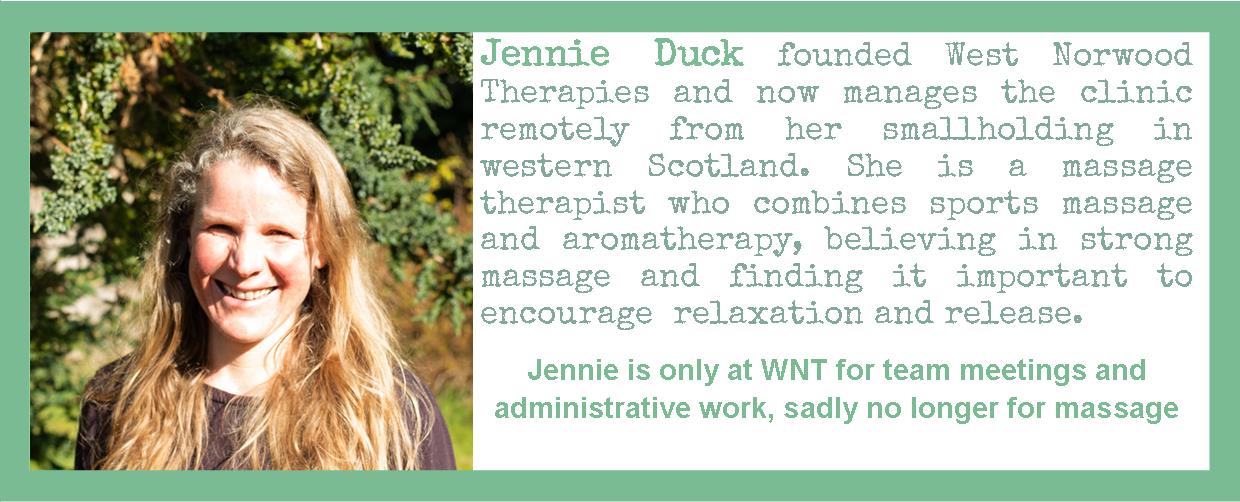
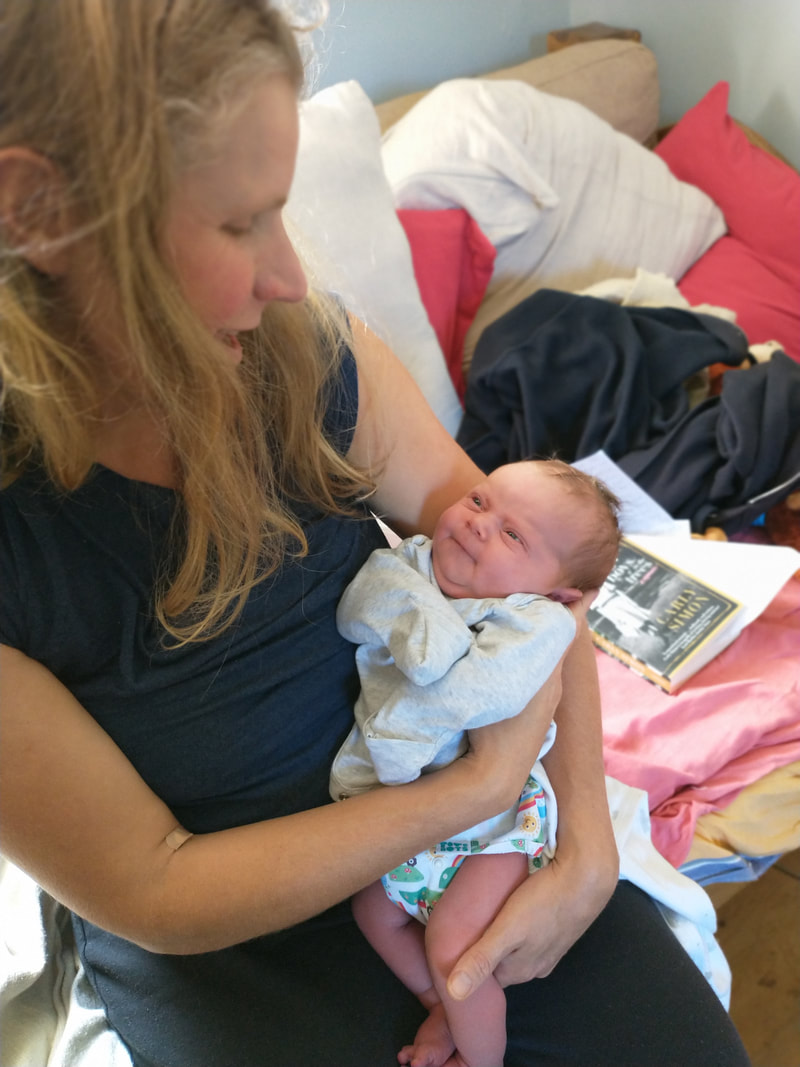
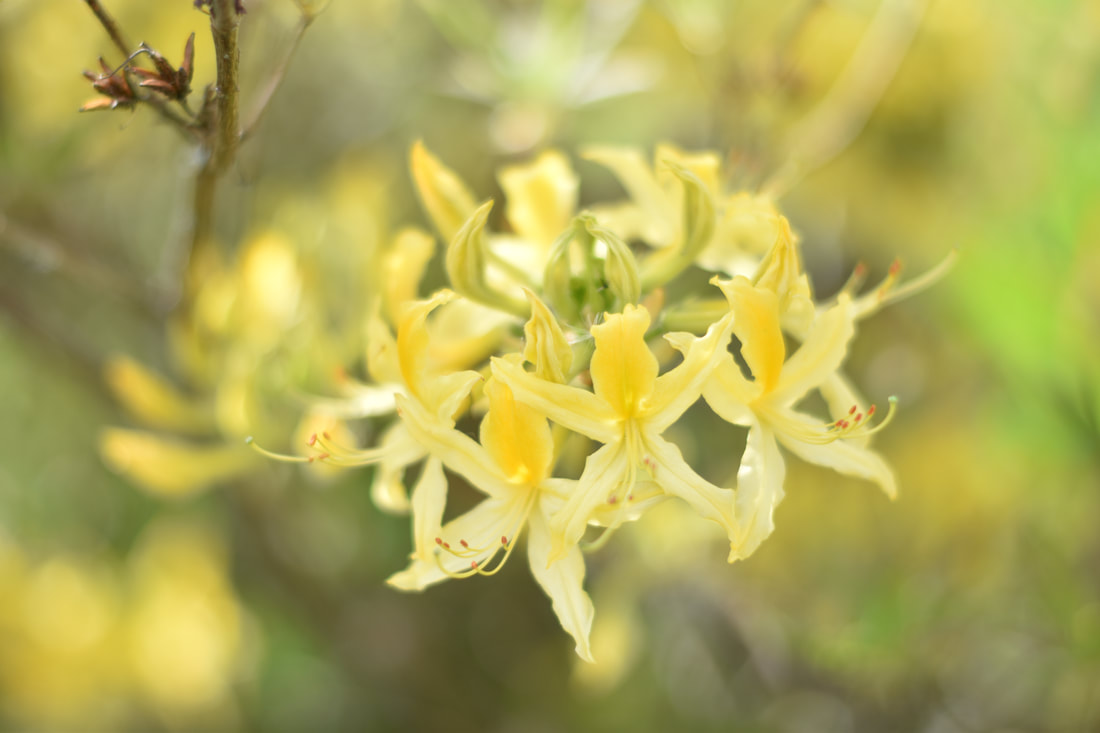
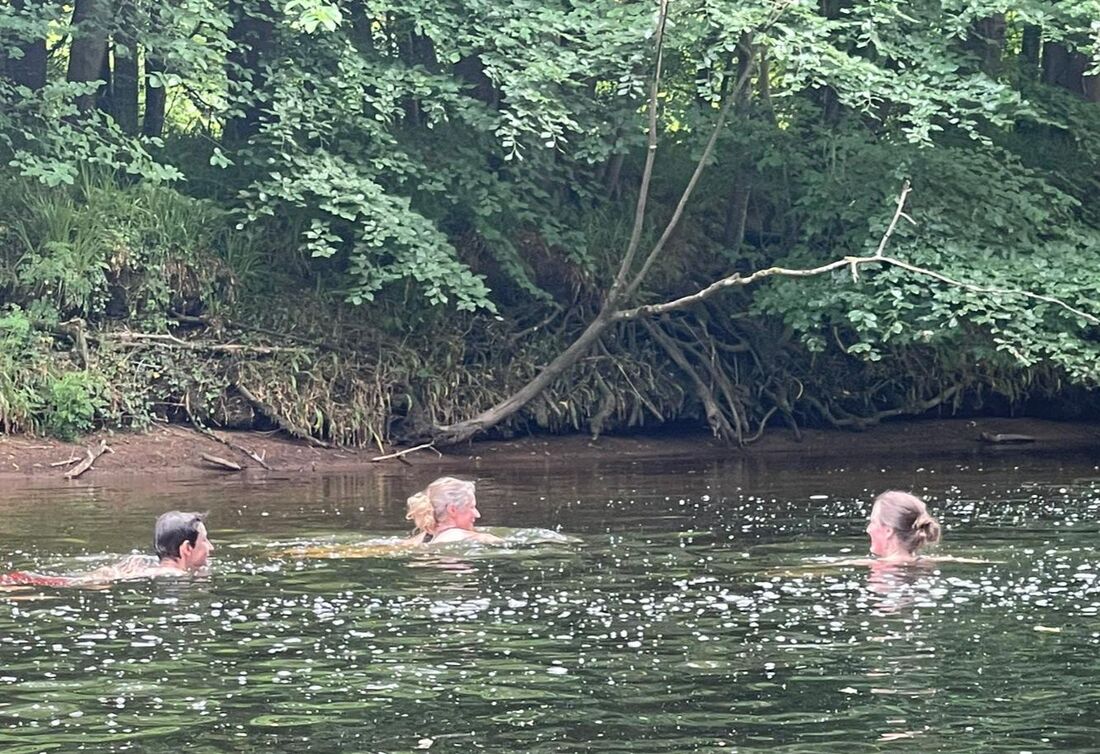
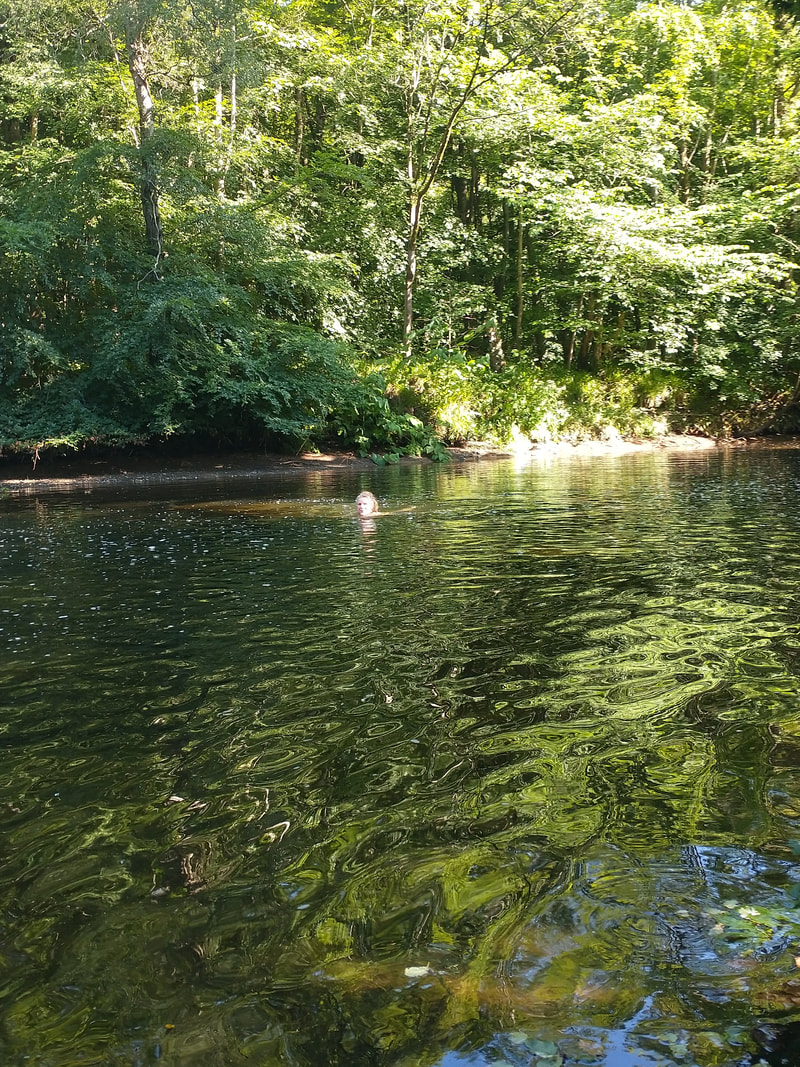
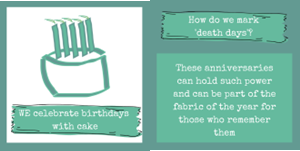
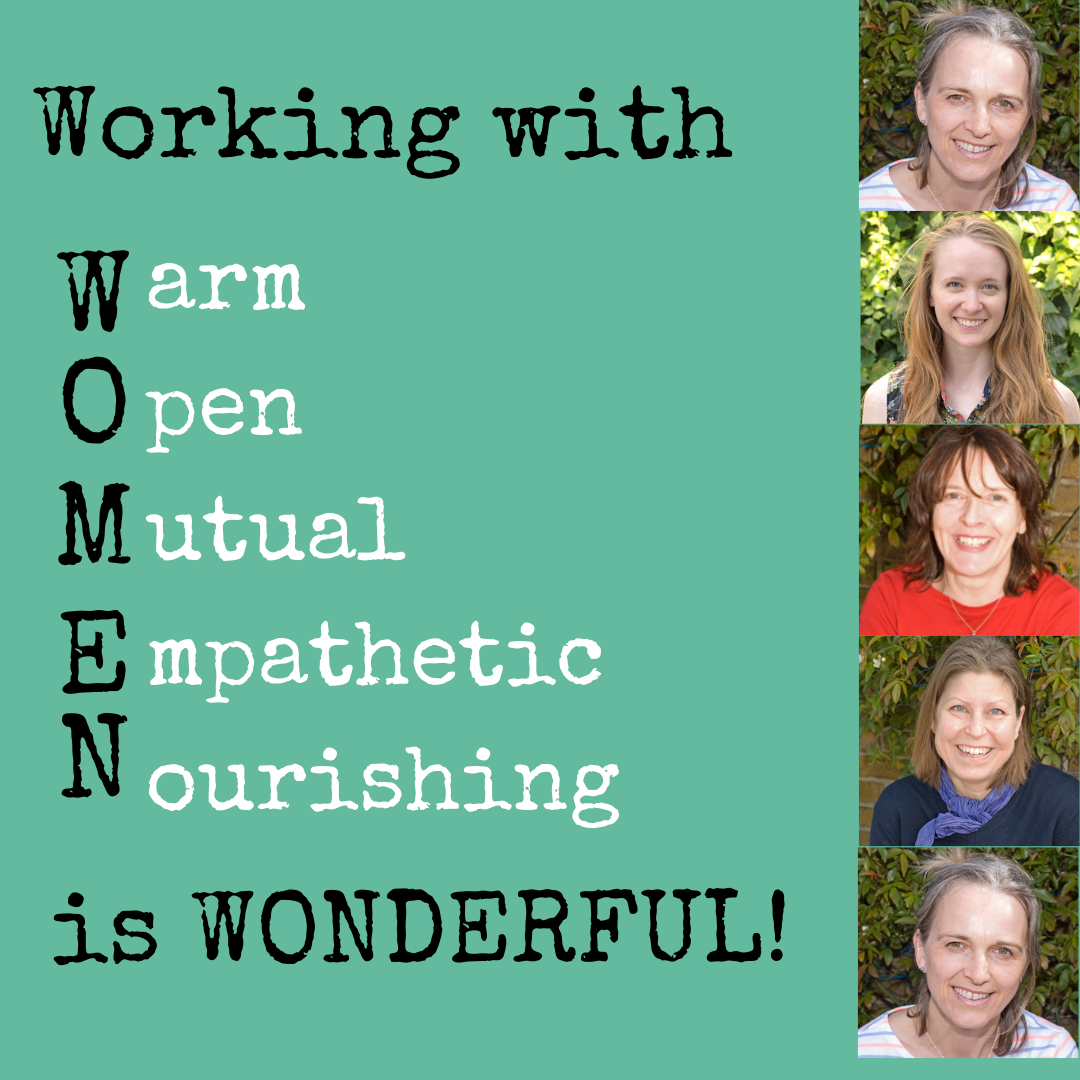




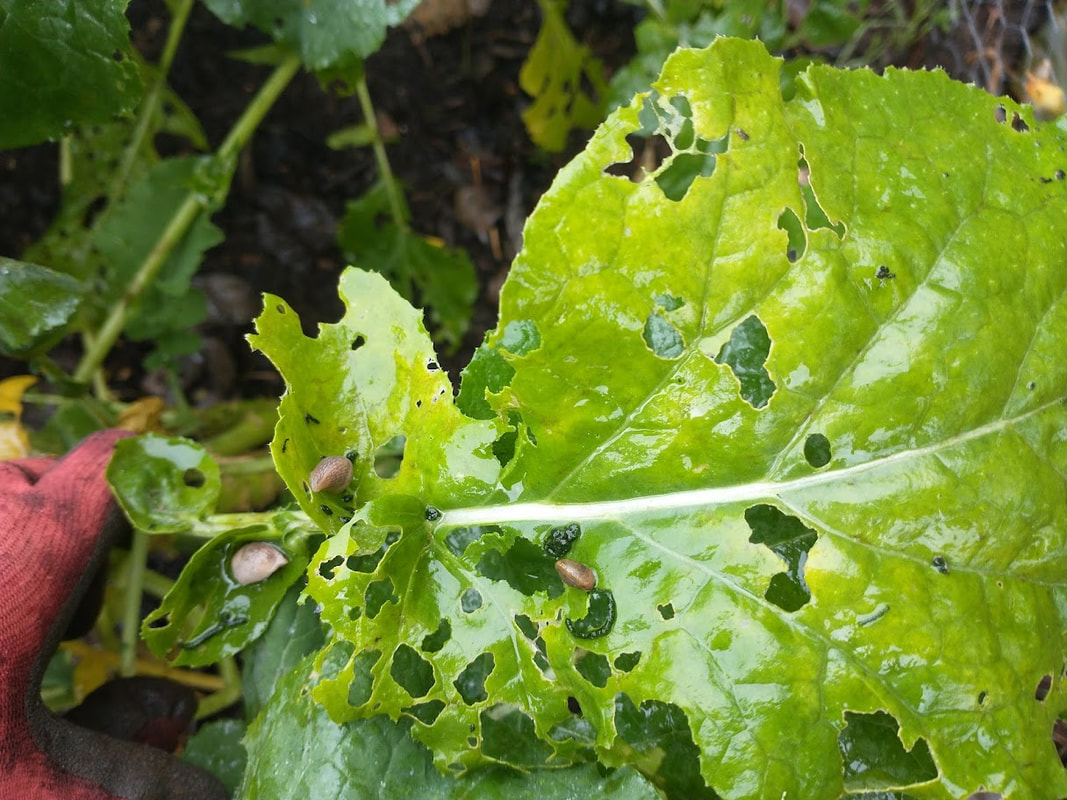
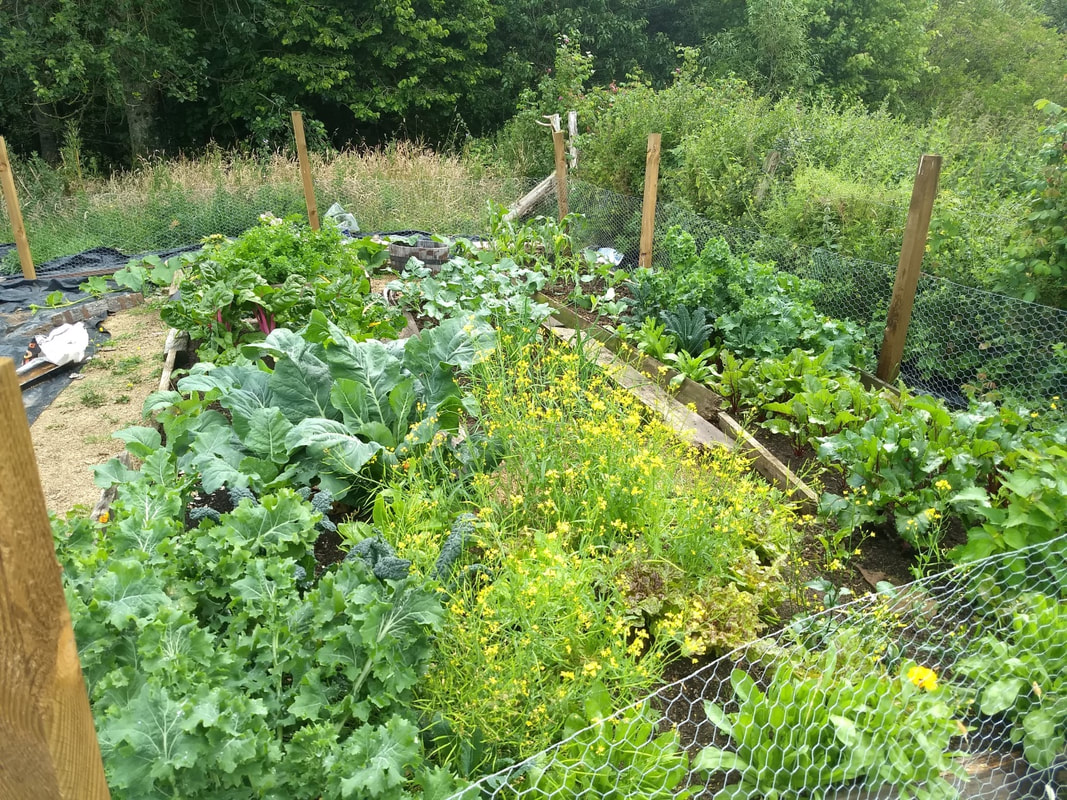
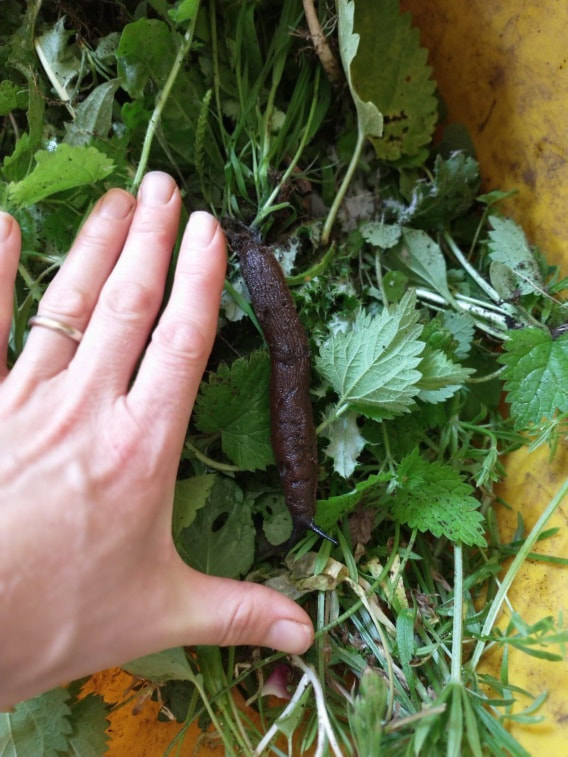
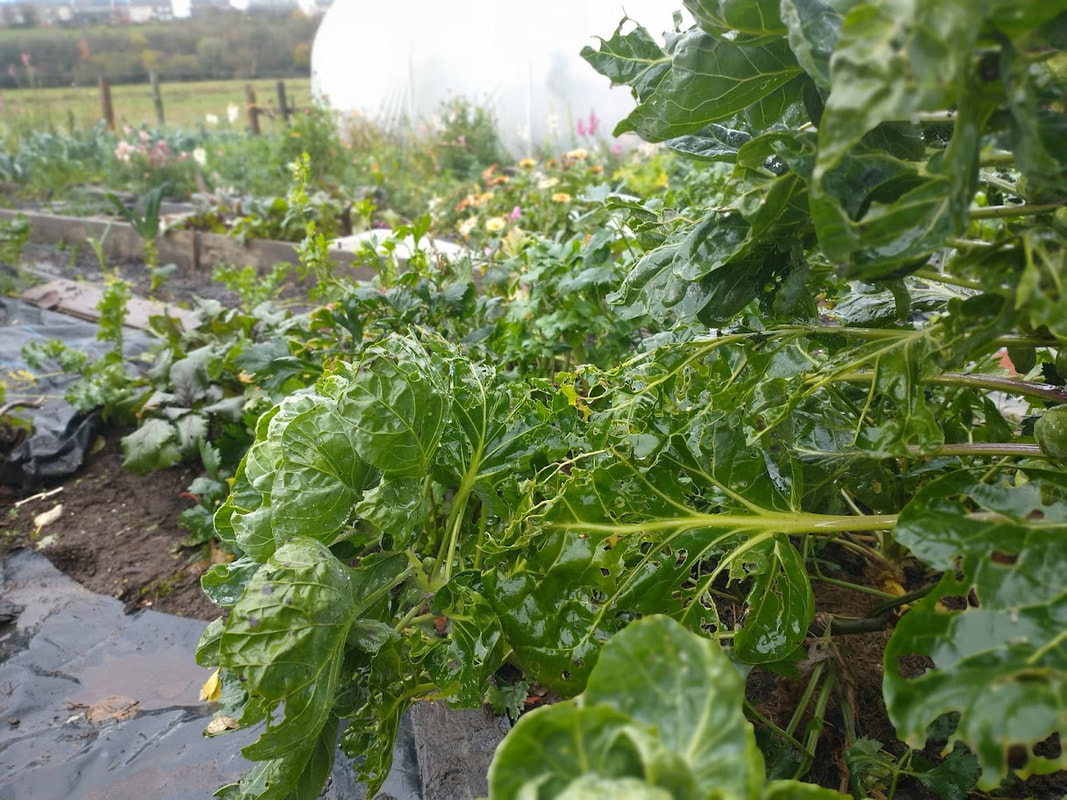
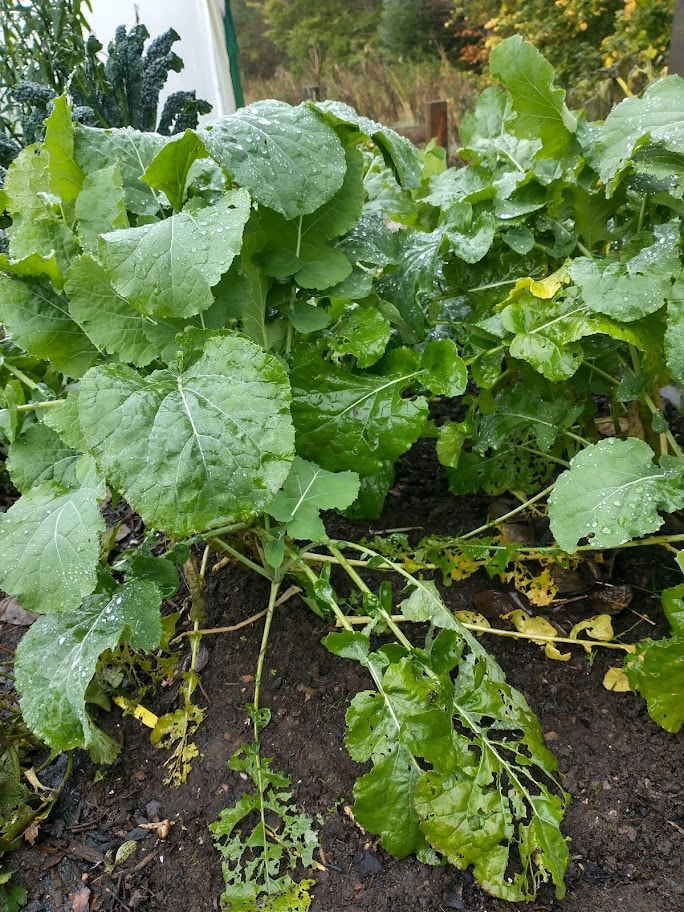
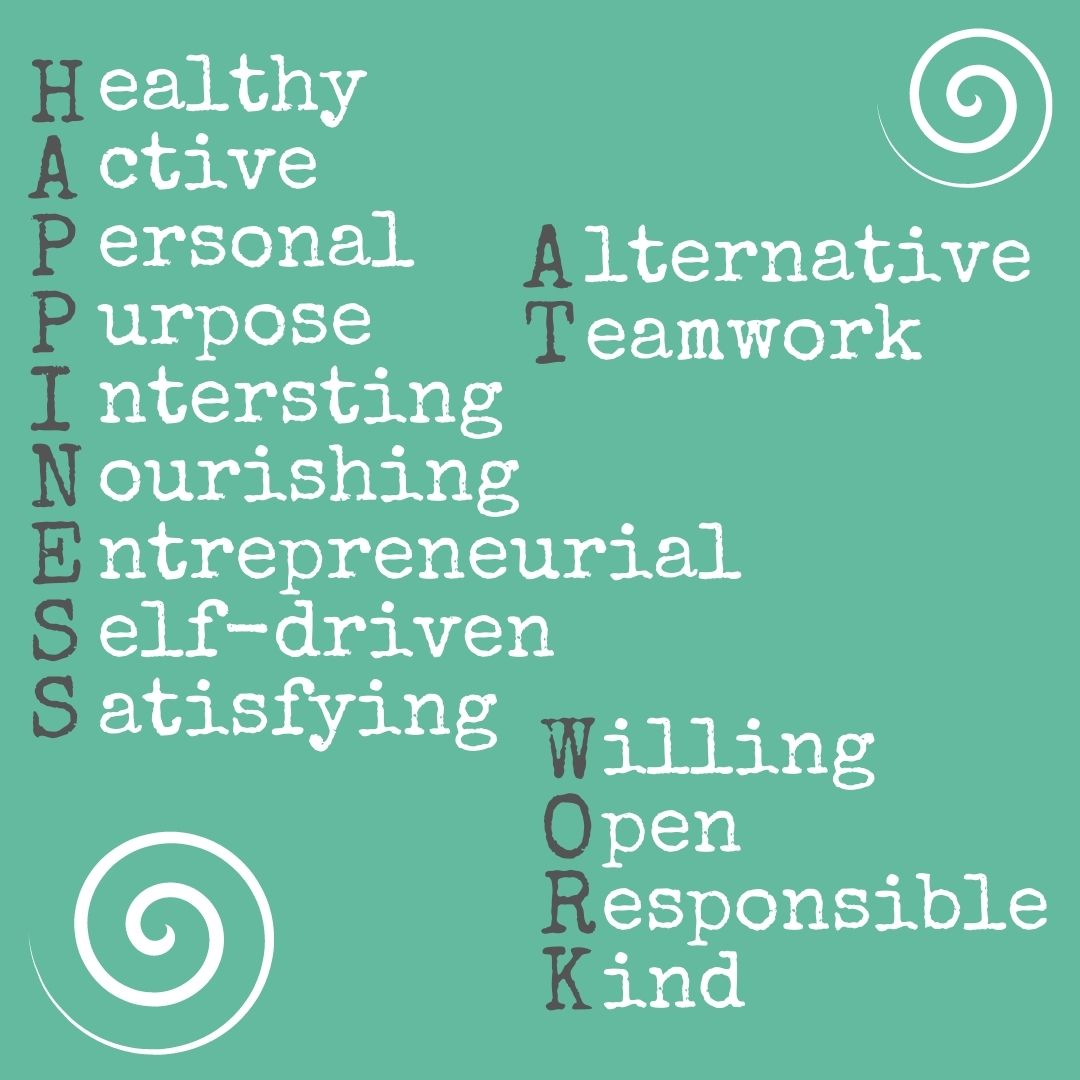
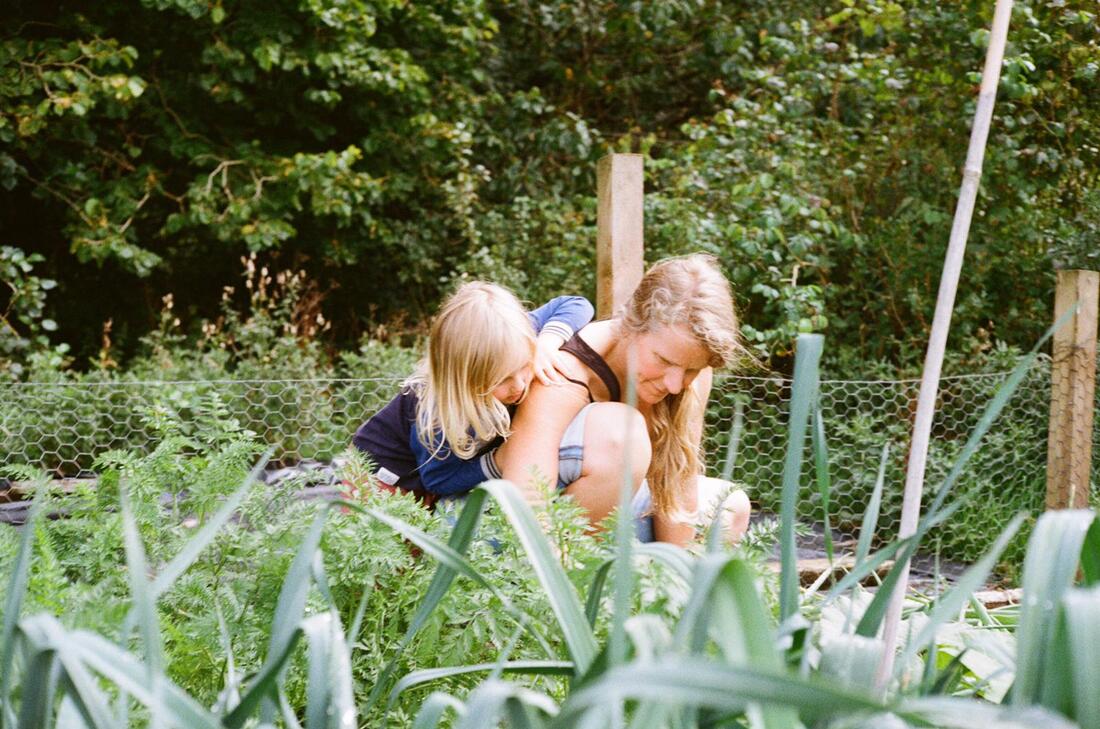
 RSS Feed
RSS Feed
